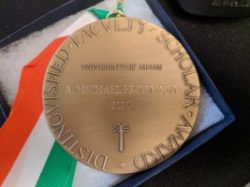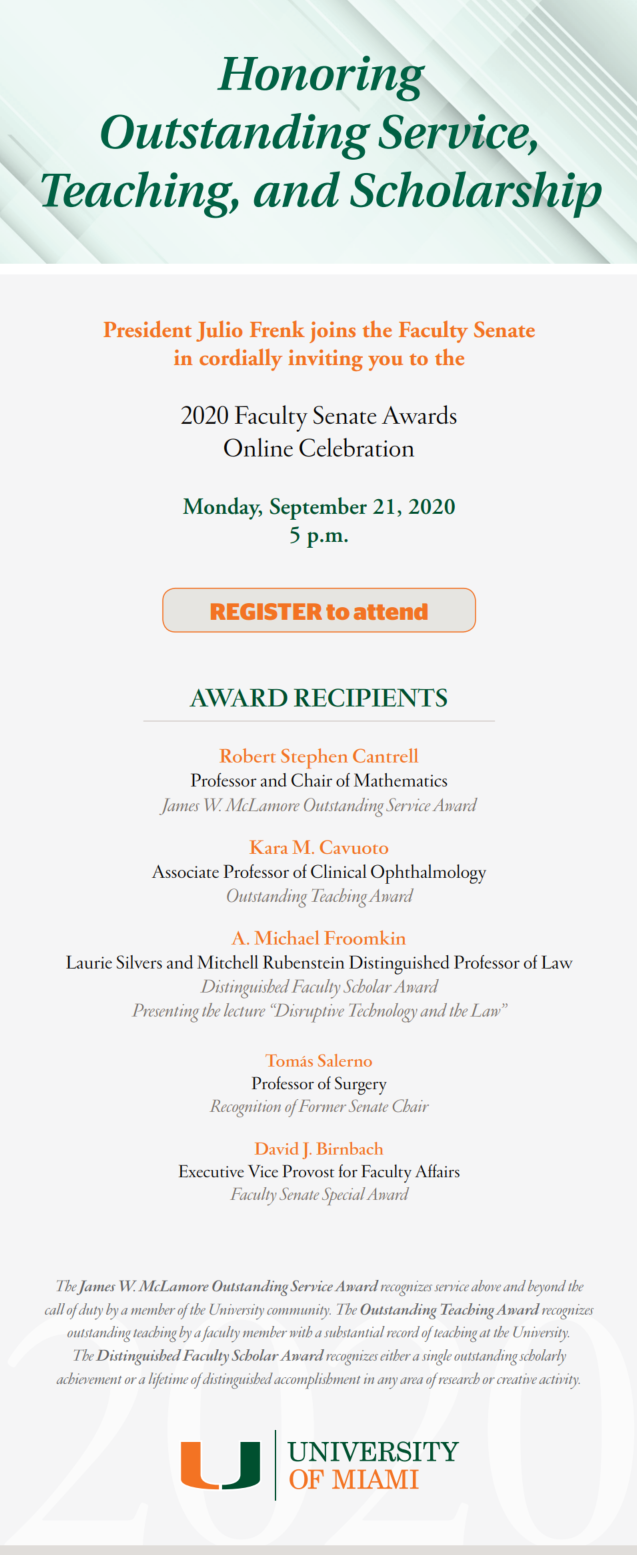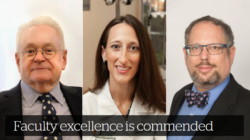 Posting may be erratic in the next couple of weeks as I shall be enjoying one of the recent fruits of modern medicine. Nothing to do with COVID, I promise, except that the entire building I’ll be residing in has been closed to all visitors including family.
Posting may be erratic in the next couple of weeks as I shall be enjoying one of the recent fruits of modern medicine. Nothing to do with COVID, I promise, except that the entire building I’ll be residing in has been closed to all visitors including family.
Apparently, during the first week after treatment I will be monitored for various possible and fairly common complications. And in the second week, I’ll still be monitored even though the chance of complications is then greatly diminished.
“Monitored,” by the way turns, out to be a euphemism for “attached via an unreasonably short cable to an electronic monitor the size of a small TV which is affixed to the wall.” When the doctor said I would be free to move around, I’d envisioned something more wireless.
 I’m home, having had a symptom-free period of ‘observation’ at the hospital. Lots of poking and prodding, stupid quizzes (yes, really), and bad food.
I’m home, having had a symptom-free period of ‘observation’ at the hospital. Lots of poking and prodding, stupid quizzes (yes, really), and bad food.
 Posting may be erratic in the next couple of weeks as I shall be enjoying one of the recent fruits of modern medicine. Nothing to do with COVID, I promise, except that the entire building I’ll be residing in has been closed to all visitors including family.
Posting may be erratic in the next couple of weeks as I shall be enjoying one of the recent fruits of modern medicine. Nothing to do with COVID, I promise, except that the entire building I’ll be residing in has been closed to all visitors including family. It’s not too late to
It’s not too late to 

